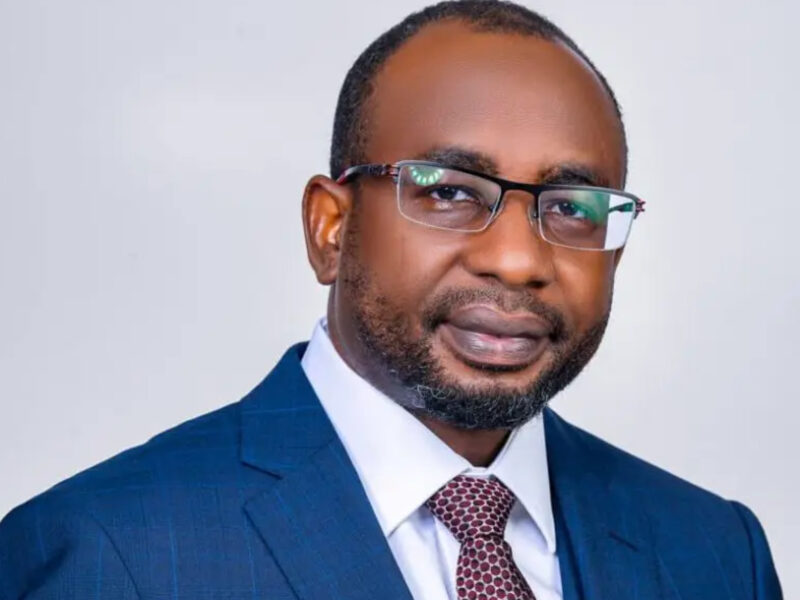The National Information Technology Development Agency (NITDA) has announced plans to develop a homegrown blockchain, dubbed “Nigerium”, to safeguard the country’s data and ensure national security. This move comes as a response to concerns that existing blockchain technologies, such as Ethereum, are controlled by foreign developers who may not prioritize Nigeria’s interests.
According to NITDA’s Director General, Kashifu Abdullahi, the new blockchain will improve national security and safety of citizens’ data. Abdullahi emphasized the importance of developing an indigenous blockchain, saying that it would allow Nigeria to have full control over its own data and decisions.
The idea of developing Nigerium was presented by a delegation from the University of Hertfordshire Law School, led by Chanu Kuppuswamy. She argued that having a locally developed blockchain would enable Nigeria to customize the technology according to its needs and ensure that it is aligned with the country’s laws and regulations.
Kuppuswamy also highlighted the risks associated with relying on foreign-developed blockchains, citing the example of Ethereum’s recent changes, which were made without consultation with its users. She emphasized that if Nigeria were to adopt a foreign blockchain, it would be difficult for the government to influence or change the underlying technology.
The delegation also recommended that Nigeria establish a data embassy, a server hosted in a third-party country that would provide digital continuity and protection for the country’s data. This would ensure that Nigeria’s data is secure and protected from cyber attacks, natural disasters, and other threats.
In addition, the delegation suggested that Nigeria explore avenues for harmonizing blockchain services across government agencies to enhance interdependency and efficiency.
The development of Nigerium is expected to be a collaborative effort between NITDA and relevant stakeholders, including government agencies and private sector organizations. The project is seen as a crucial step towards ensuring data sovereignty and promoting Nigeria’s digital development.










Join our Channel...